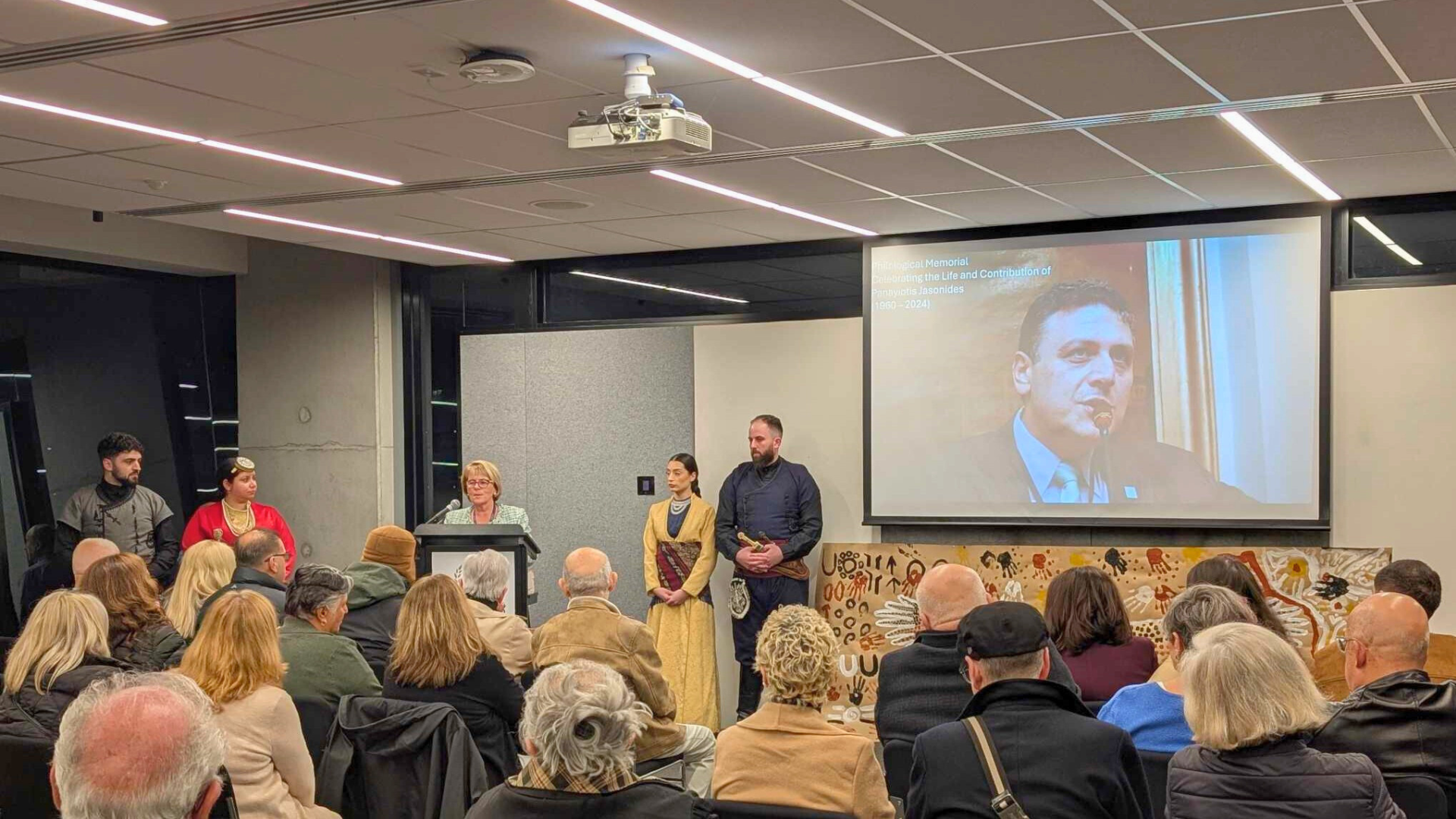On a cold Friday night, July 11, a full hall at Alphington Grammar’s Lyceum brought warmth to those gathered to honour the life and legacy of Peter Jasonides, an iconic figure in Melbourne’s Greek Australian community.
Organised by the Australian Institute of Macedonian Studies (AIMS), in collaboration with Alphington Grammar and Pontiaki Estia, the evening was a heartfelt reunion of those whose lives had been shaped by Peter’s generosity, intellect, and unwavering devotion to Hellenism.
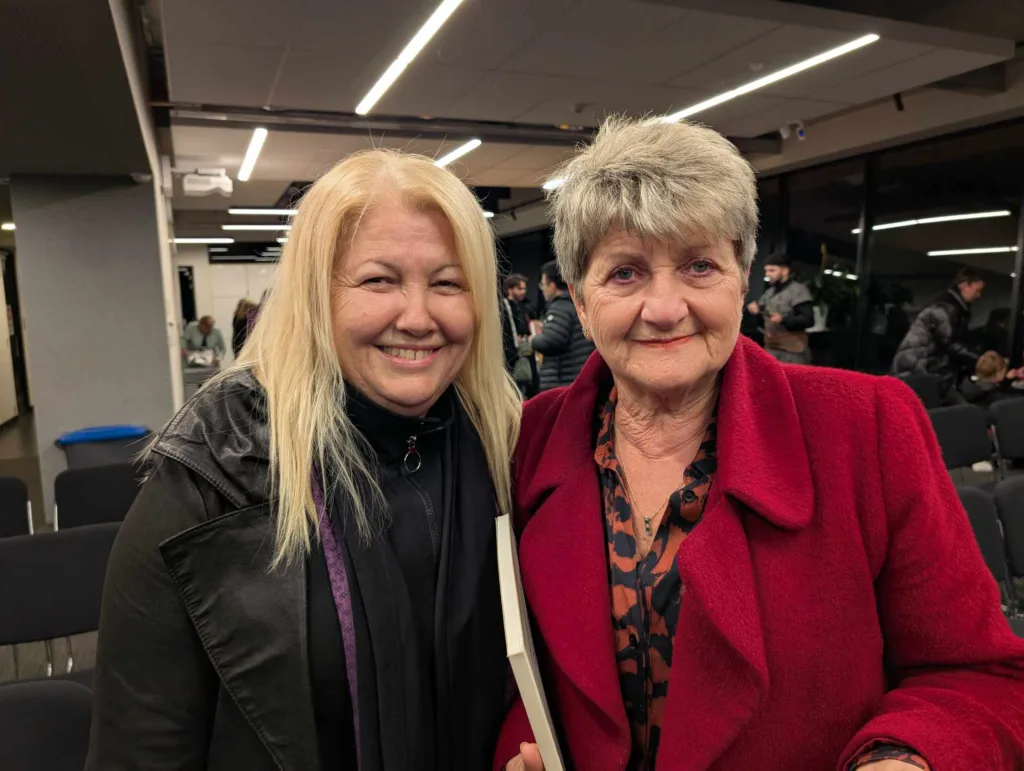
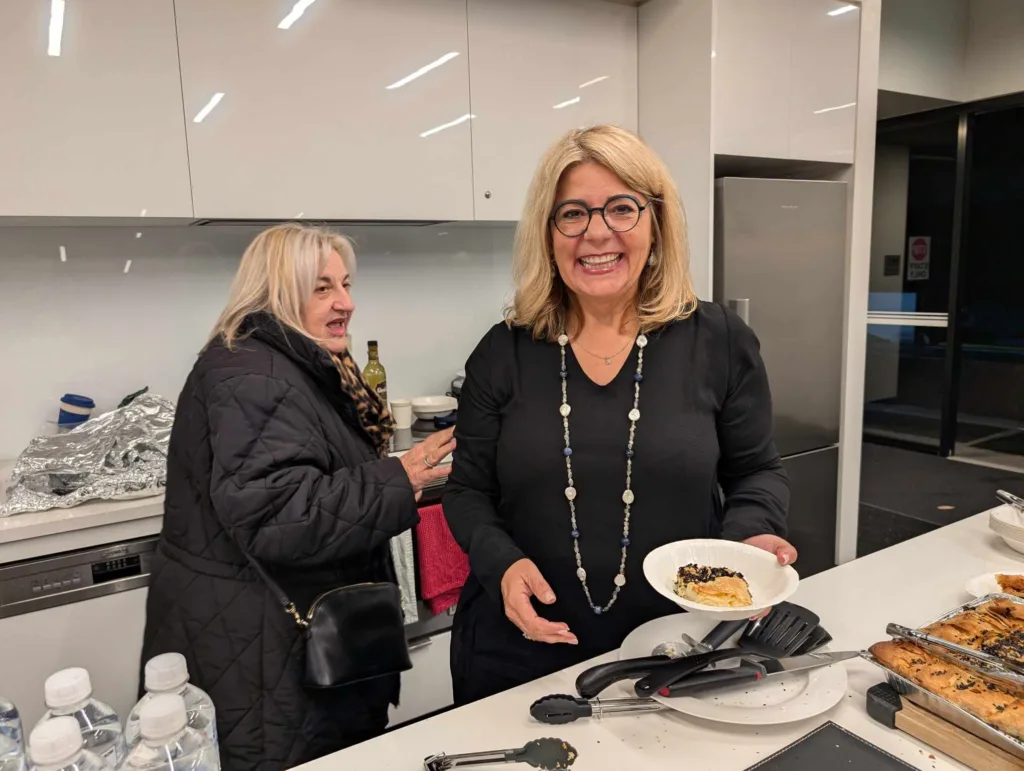
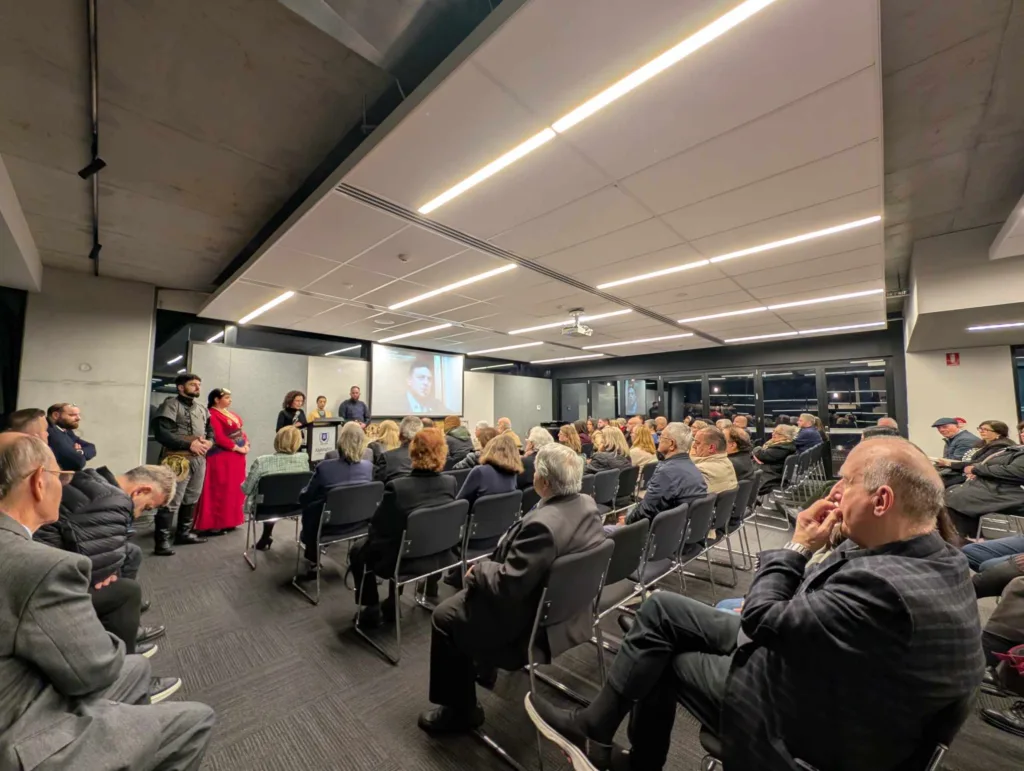
From the outset, the event struck a deeply personal tone. Alphington Grammar Principal Dr Vivian Nikou reflected on her family’s lifelong friendship with Peter’s.
“Who would have thought that a friendship and a koumbario that started some 65 years ago between our parents would endure the decades?” she said. “Peter never forgot his roots. A godfather who respected, protected, and provided for his family. A godbrother who was a friend to all and who demonstrated his generosity of heart in practical ways.”
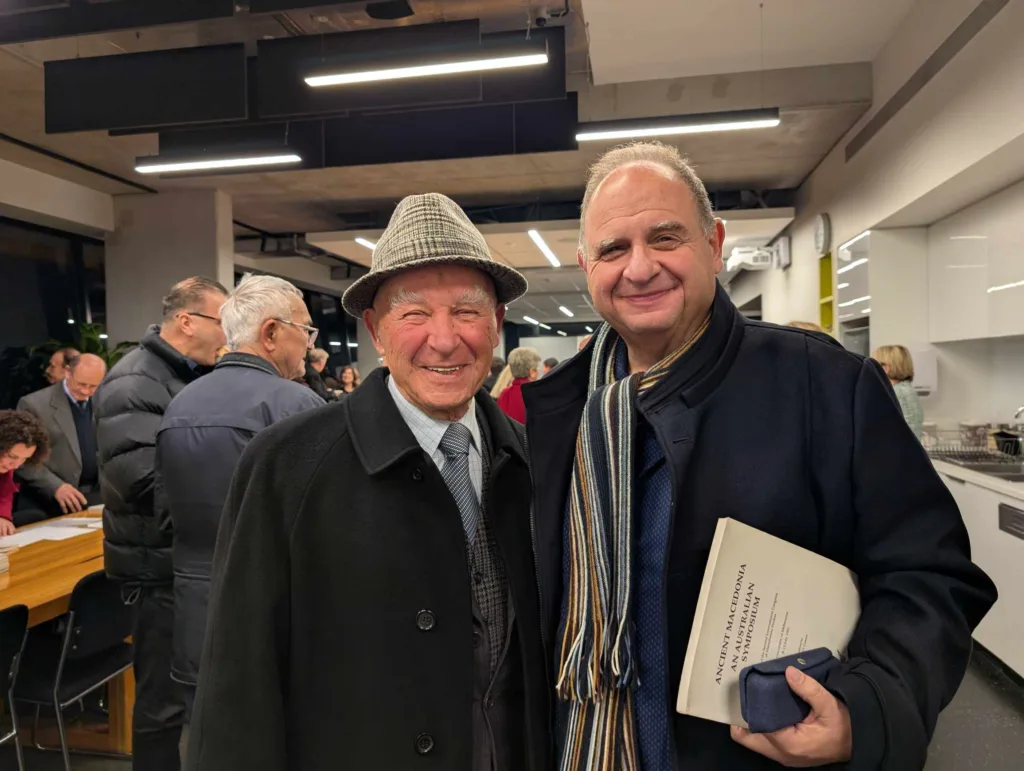
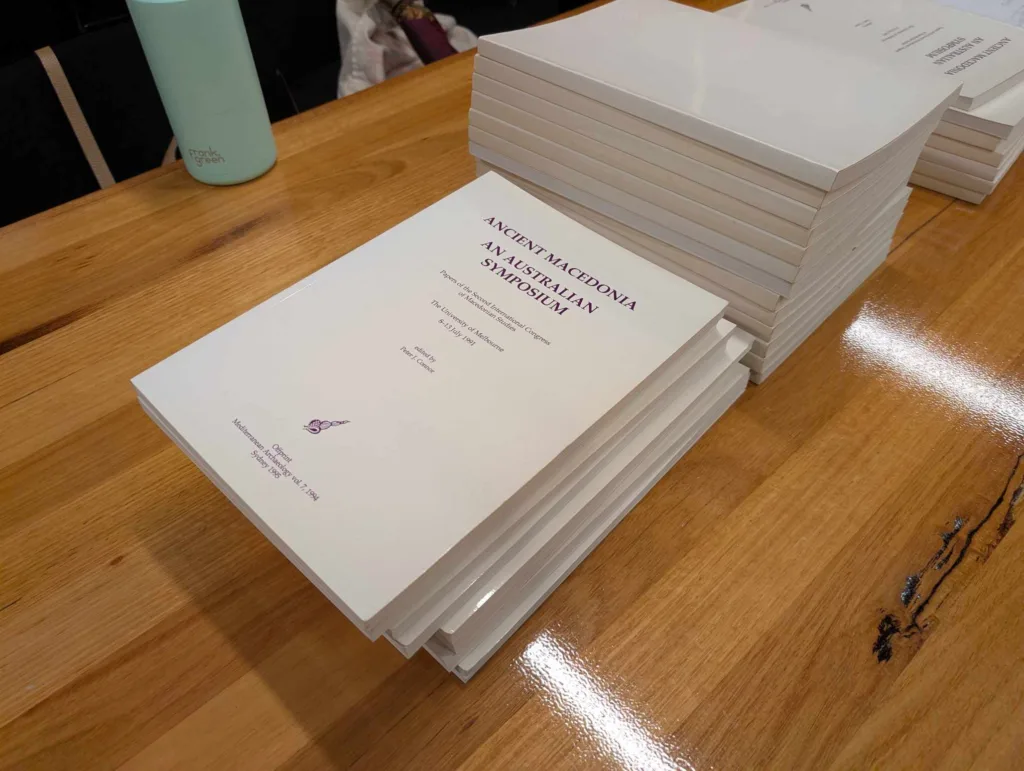
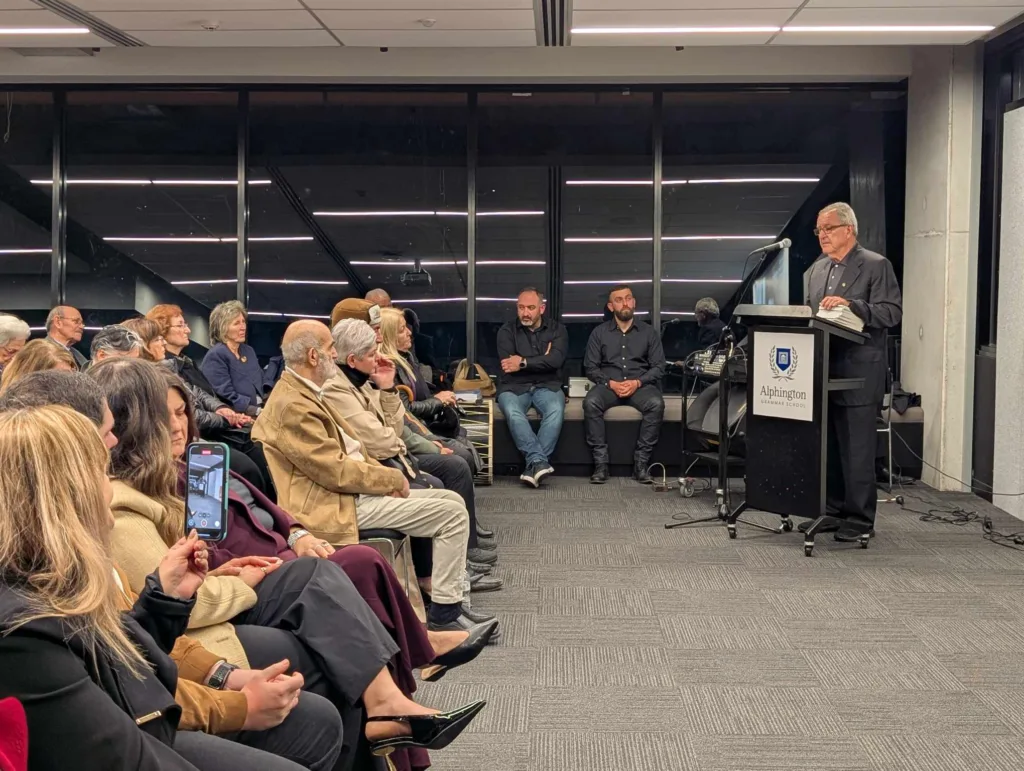
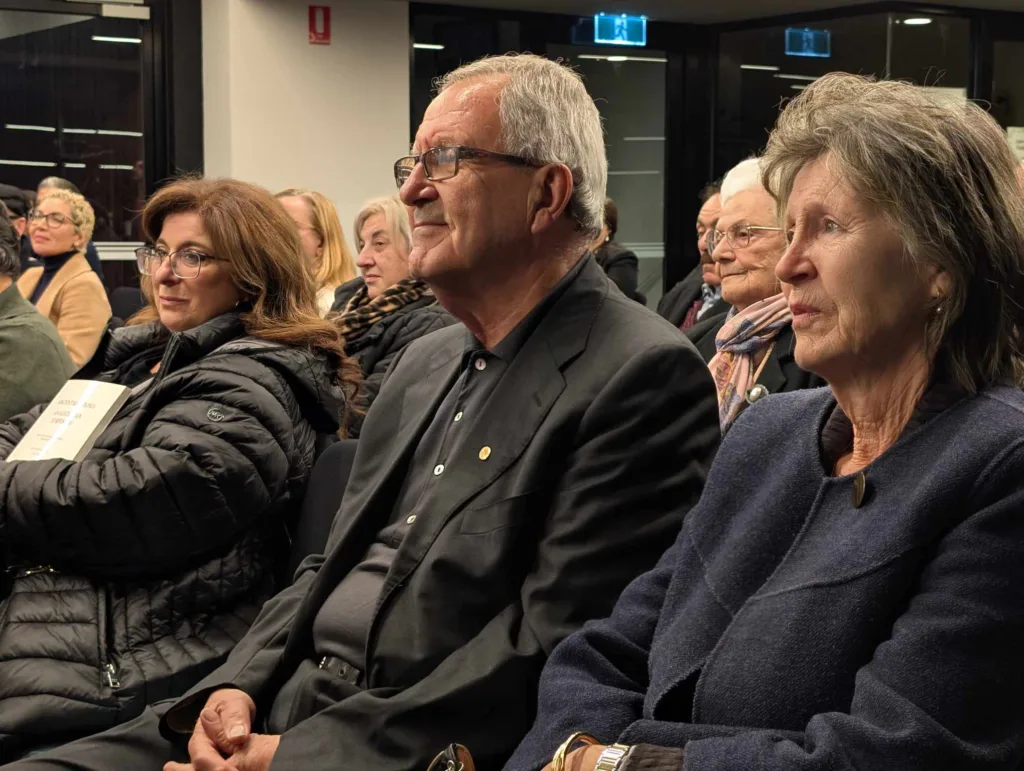
She recalled fond memories from their youth: “The music, the dancing, the picnics, the late-night, early-morning card-playing just to see the New Year.”
Peter’s influence extended far beyond his personal relationships. From his student activism as President of the National Union of Greek Australian Students (NUGAS), to his role as founder and director of ITHEA, an educational institute serving local and international students, Peter lived with purpose and passion.
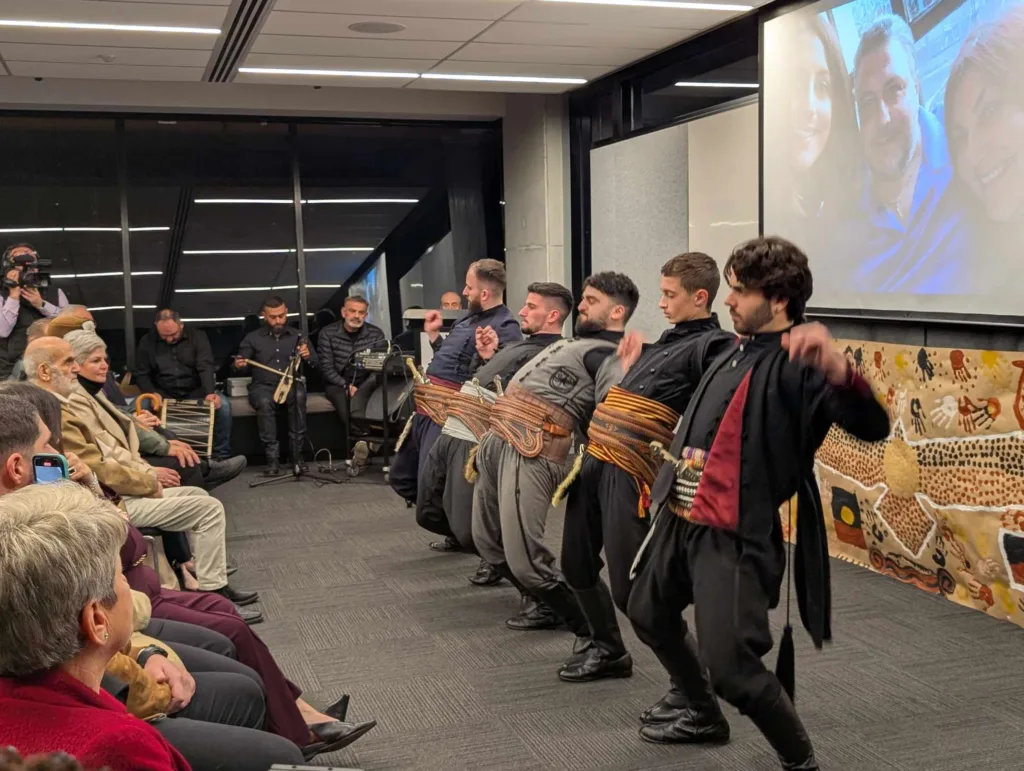
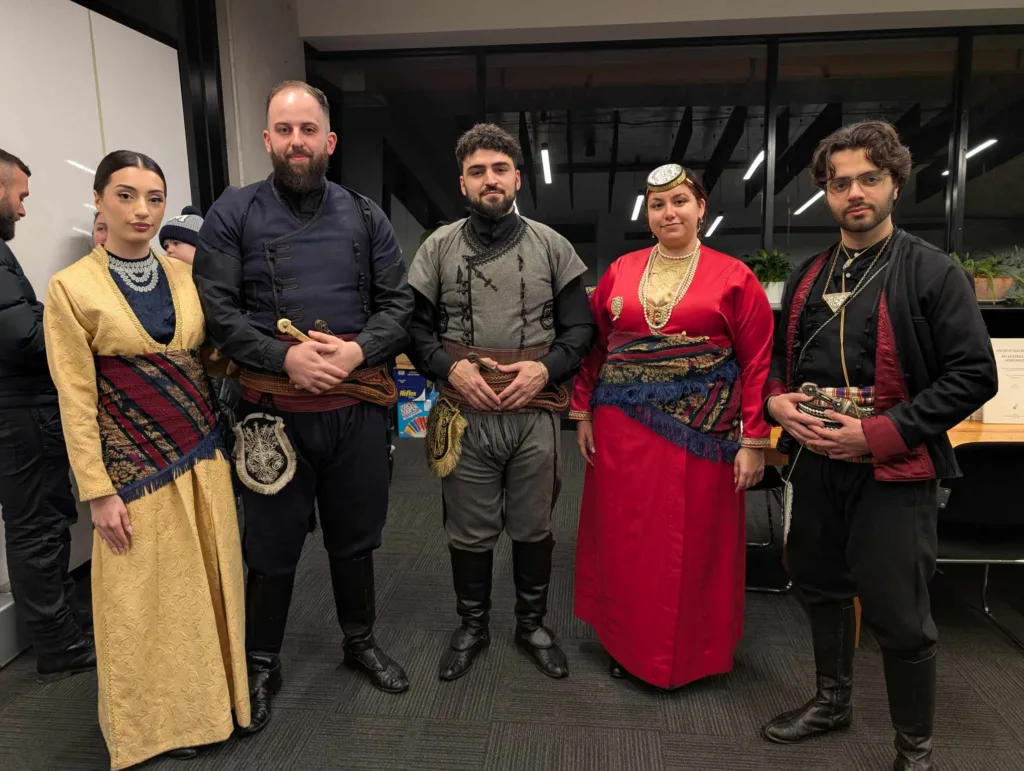
“From 1978 to 2024, Peter Jasonides united Greeks in Australia through his actions and example,” Professor Anastasios Tamis, President of AIMS, said. “I’ve studied diaspora communities for 50 years, and his contribution is unmatched.”
Professor Tamis also expressed regret at the lack of official recognition for Peter’s work. “Others have received medals for a fraction of what Peter achieved, yet he never sought such honours. His life was his medal.”
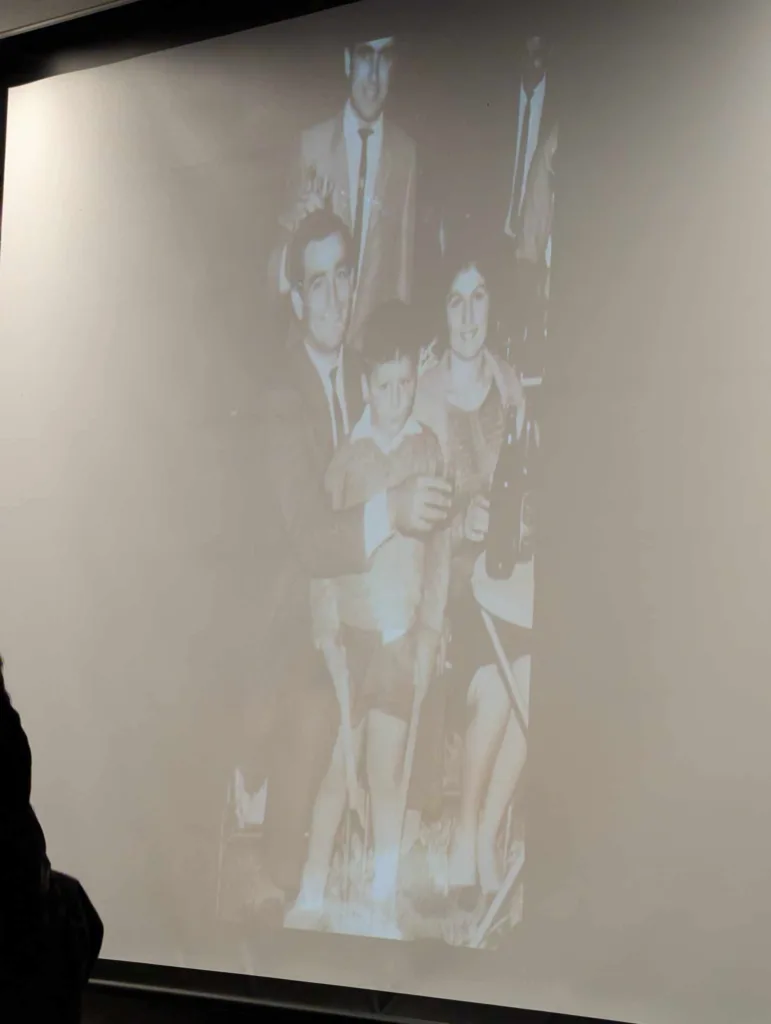
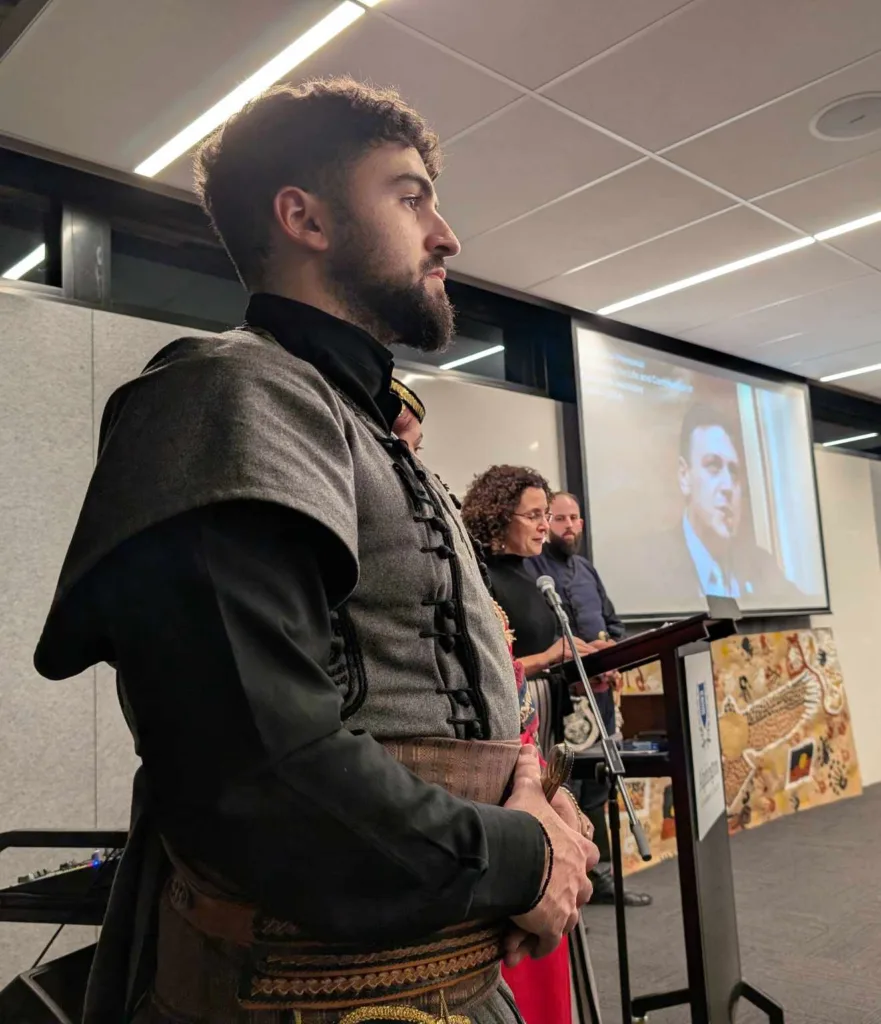
Simela Stamatopoulou, former President of the Australian Federation of Pontian Associations, remembered Peter as a tireless advocate for Pontic culture and justice.
“He worked quietly behind the scenes to champion the causes close to his heart,” she said. “His eyes would light up at the sound of the Pontian lyra. He organised events like Miss Pontiaki Estia, printed ‘I love Pontos’ stickers, and brought creativity and energy to every initiative.”
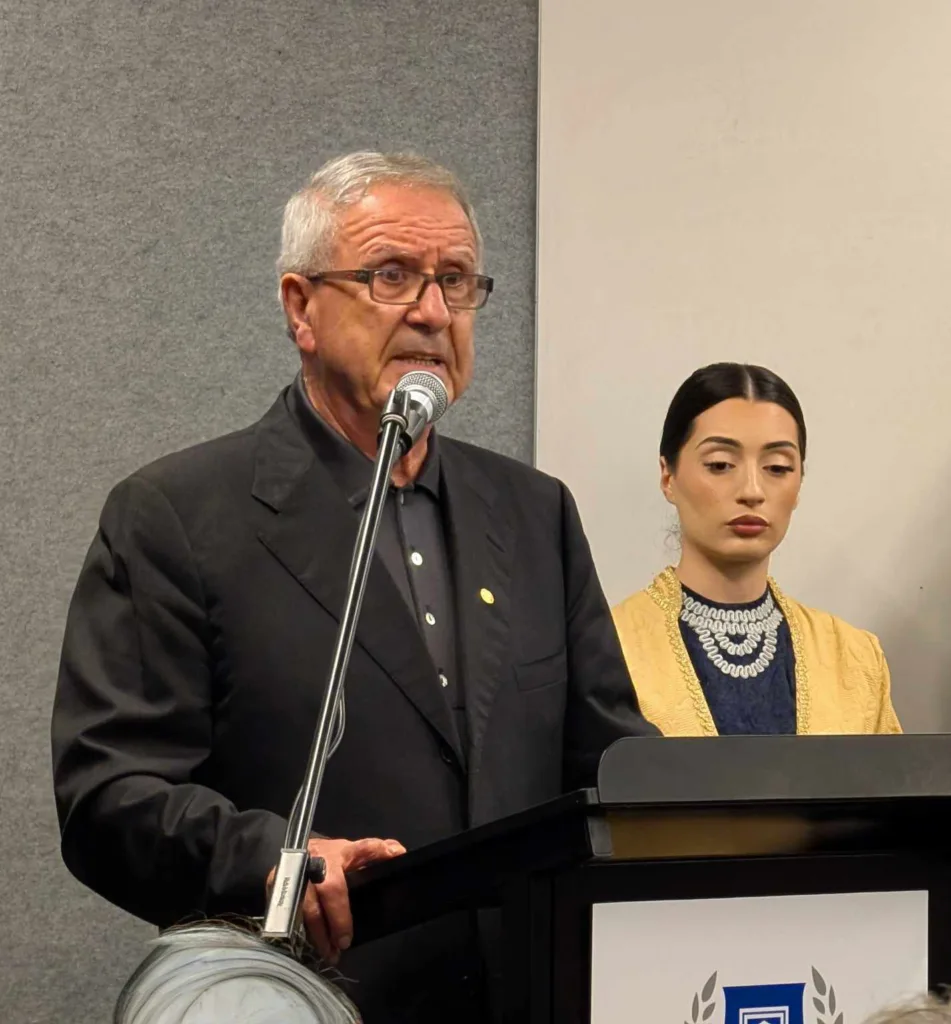
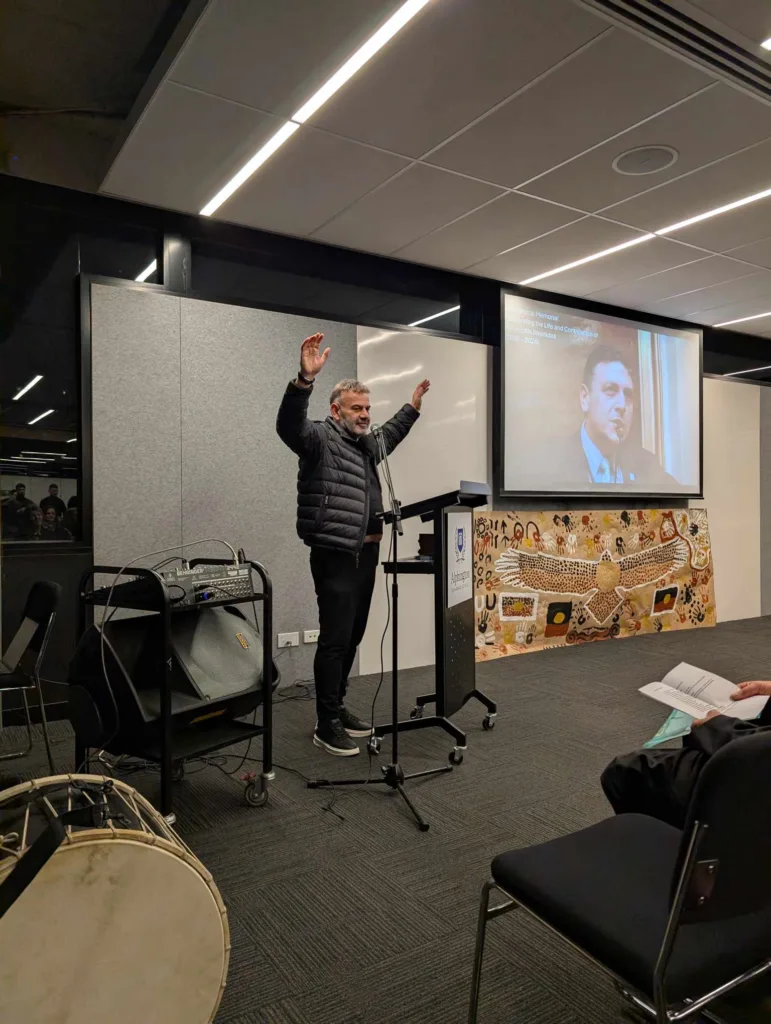
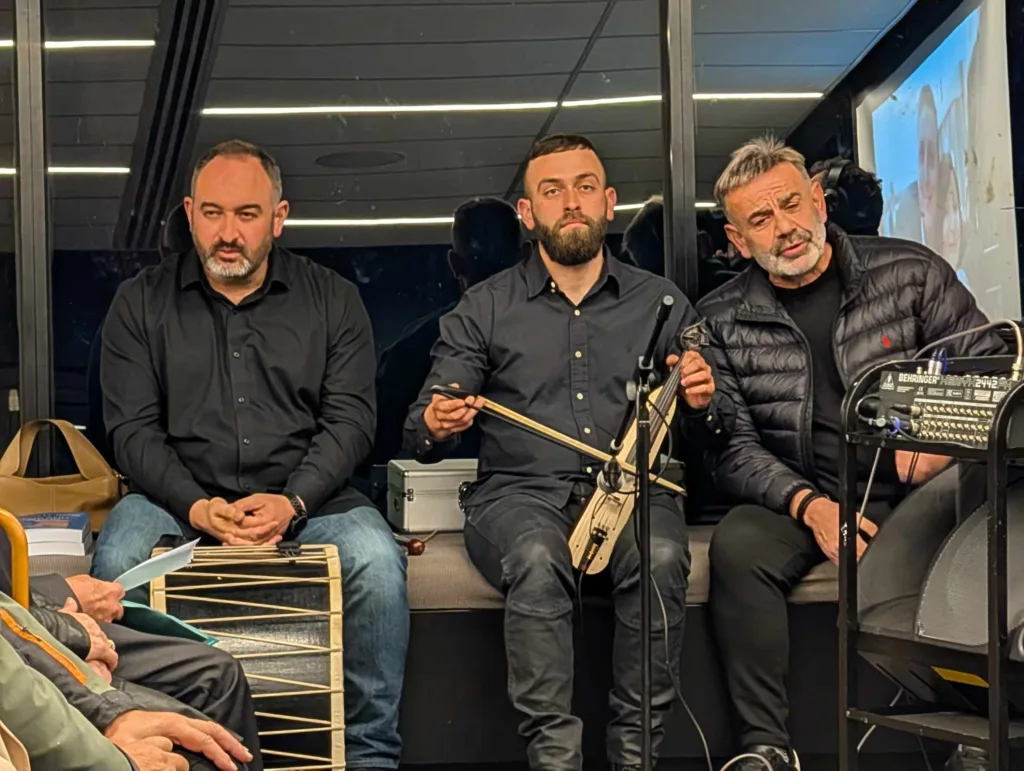
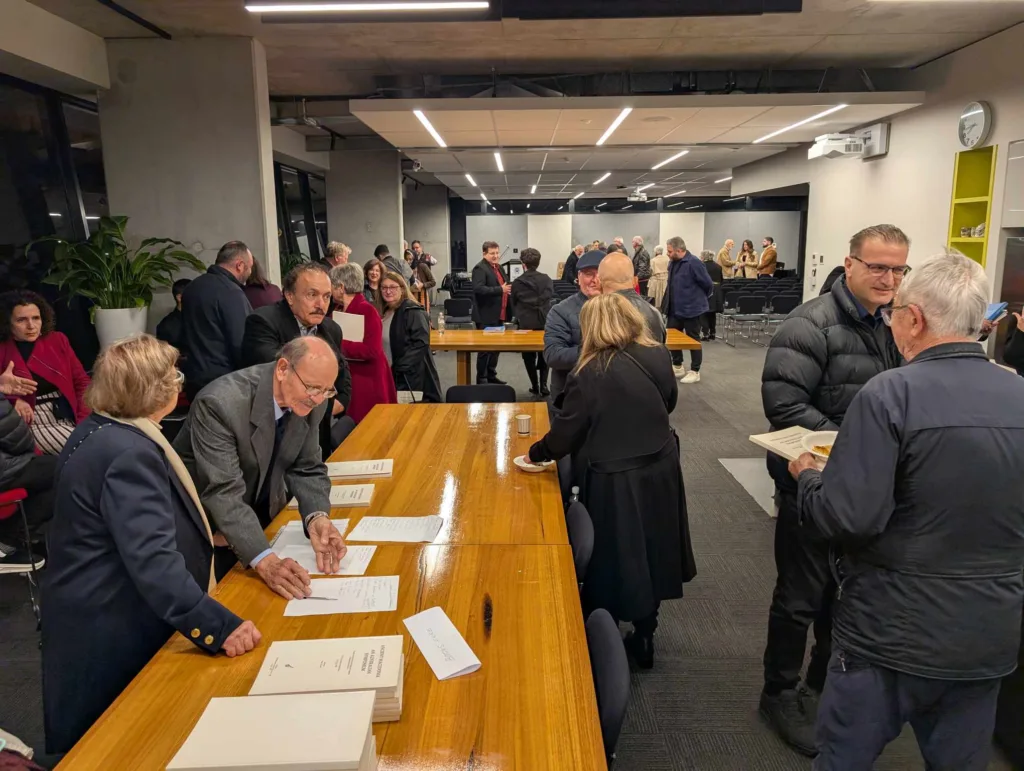
She highlighted his pivotal role in securing recognition of the Pontian Genocide. “He wasn’t deterred by cost, politics, or doubt. He inspired others to rise above challenges.”
Historian Stavros (Terry) Stavridis, who delivered a lecture on the displacement of Pontic Greeks from the Black Sea, shared a personal recollection: “Whenever I went into the city, I’d stop by ITHEA. Peter would drop everything, make me a coffee, and we’d talk about the Genocide. Hearing of his passing was like a knife through my heart.”
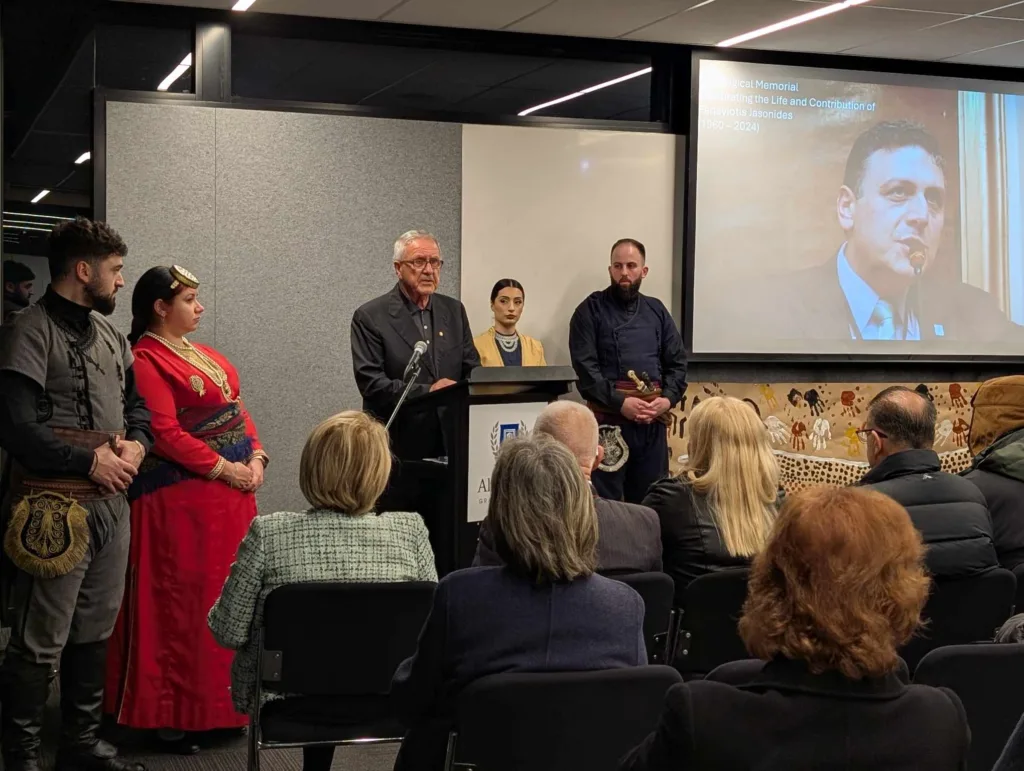
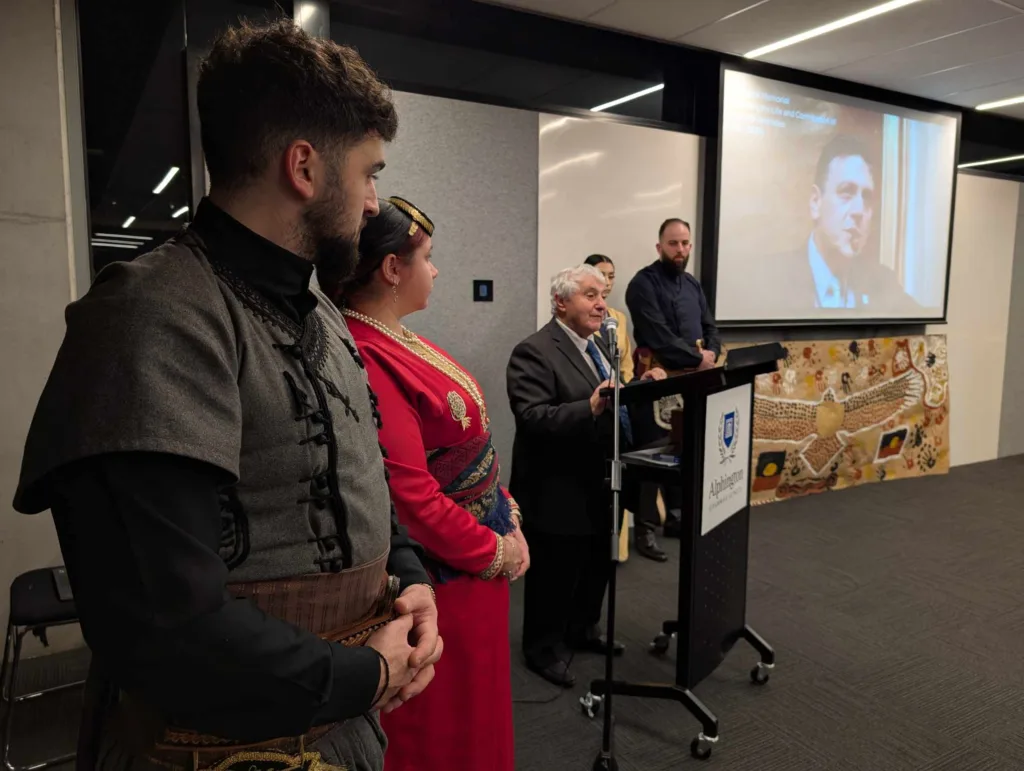
Peter’s legacy endures through his family. His daughter Natole (Argiros) followed in his footsteps as NUGAS President, years after he held the same role.
“What is this due to?” Professor Tamis asked. “It’s how she was raised. Peter and Helen gave their children moral values and a deep love for heritage.”
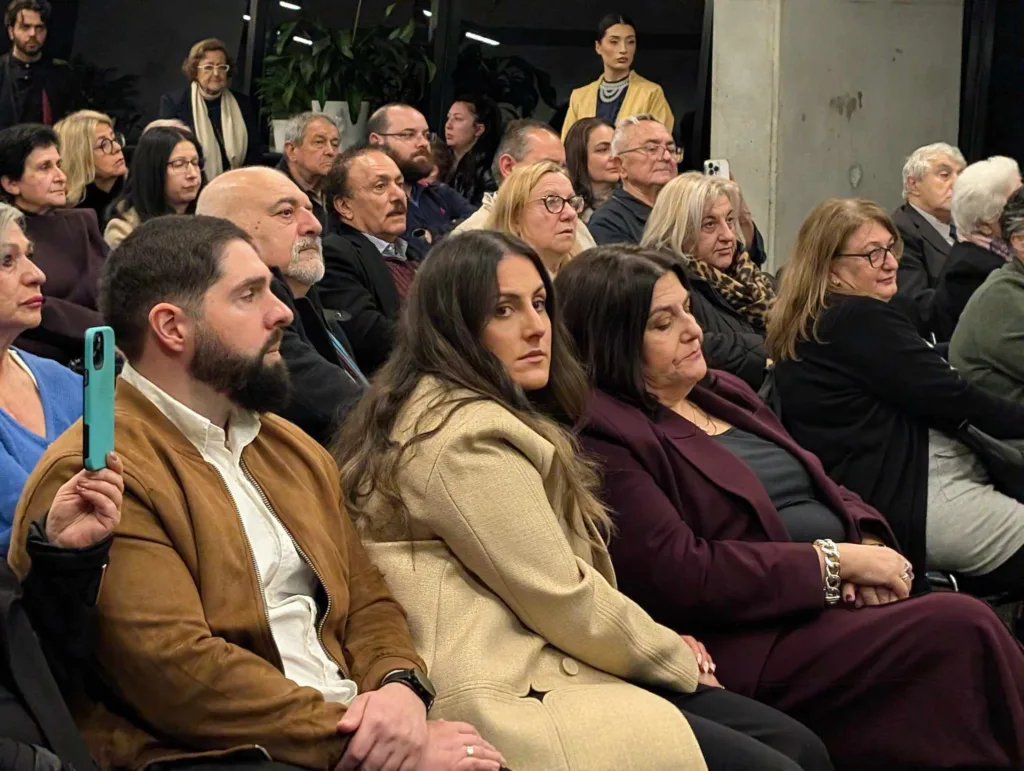
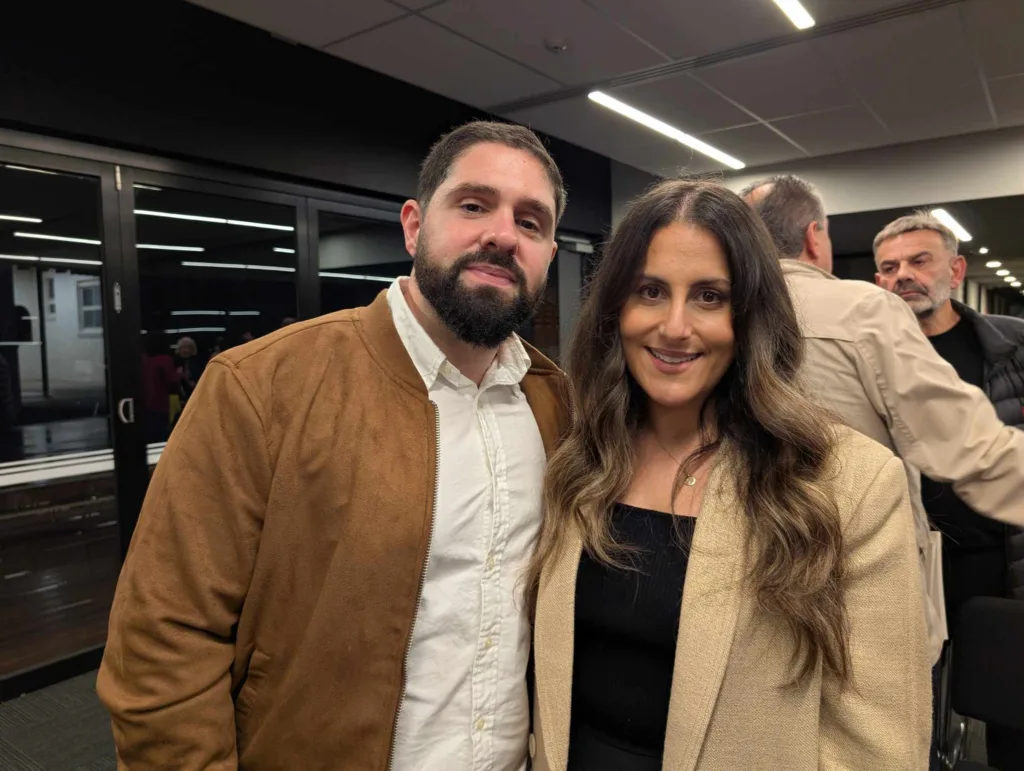
Though Peter is no longer present, his wife Helen, daughter, and son-in-law sat in the front row visibly moved. His presence was felt throughout the evening. A stirring Pontian dance performance curated by Yiannis Pilalidis set against a backdrop of family photos, followed speeches. The rotating photos captured moments from Peter’s life, highlighting his love for culture, justice, and community.
Peter passed away on July 2nd 2024, but as Dr Nikou said so poignantly, “His legacy lives on in you, his children, his family, his loved ones.” And through the communities he served, the causes he championed, and the language he protected, the man once known as the “Pontian eagle” continues to soar.
